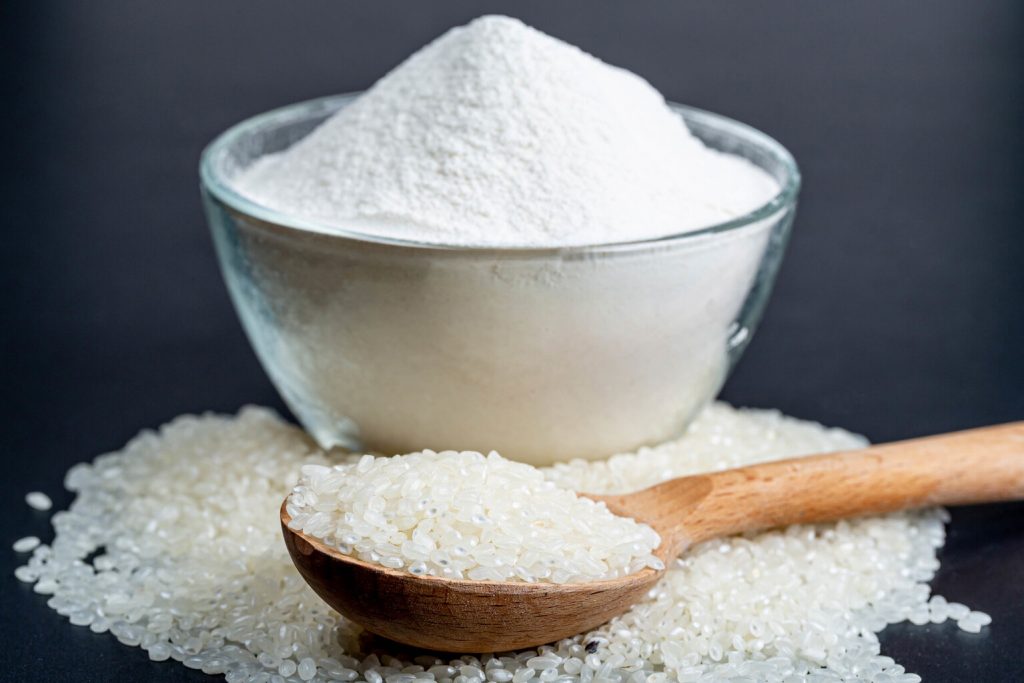Rice Protein Powder Takes the Lead: Comparing Rice Protein vs. Pea Protein
Introduction
When it comes to plant-based protein powders, two popular options are Pea and Rice protein powder. While both offer benefits, in this article, we will explore why rice protein powder takes the lead. With its exceptional amino acid profile, allergen-friendly nature, and versatile applications, rice protein stands out as a superior choice. Join us as we delve into the advantages of rice protein and discover why it reigns supreme over pea protein in the realm of plant-based protein powders.
The Superior Amino Acid Profile of Rice Protein
Rice protein powder boasts an impressive amino acid profile, making it a complete protein source. It contains all nine essential amino acids that the body cannot produce on its own, making it highly valuable for muscle growth, repair, and overall health. In comparison, pea protein is deficient in one essential amino acid, methionine.
Furthermore, rice protein powder has a balanced ratio of amino acids, ensuring optimal absorption and utilization by the body. It provides a rich source of branched-chain amino acids (BCAAs), including leucine, isoleucine, and valine, which play a vital role in promoting muscle recovery and synthesis.
Allergen-Friendly Nature of Rice Protein
One significant advantage of rice protein powder is its hypoallergenic properties. Pea protein, on the other hand, has a higher likelihood of causing allergic reactions, particularly in individuals with legume allergies. Rice protein offers a safer alternative, making it suitable for those with dietary sensitivities or allergies.
The hypoallergenic nature of rice protein powder extends to its usage in pet food as well. For pet owners seeking plant-based protein sources for their furry companions, rice protein can be an ideal choice, as it minimizes the risk of adverse reactions and supports their nutritional needs.
Versatile Applications of Rice Protein Powder
Rice protein powder’s versatility sets it apart from pea protein. It has a mild taste and smooth texture, making it an excellent option for adding protein to various recipes. From protein shakes and smoothies to baked goods and energy bars, rice protein powder blends seamlessly and enhances the nutritional value of a wide range of food products.
Moreover, rice protein powder finds application in specialized diets such as gluten-free, vegetarian, and vegan. It serves as a valuable ingredient for individuals following these dietary lifestyles, providing an alternative protein source that aligns with their nutritional requirements.
The Aroma of Pea and Rice protein powder
Rice protein exhibits a gentle and inviting aroma that is often described as mildly sweet and appealing. Its delicate fragrance adds a pleasant touch to protein shakes and baked goods, enhancing the overall sensory experience. This subtle aroma allows rice protein to blend seamlessly with other ingredients, creating a harmonious and enjoyable taste profile.
On the other hand, pea protein carries a distinct earthy scent that some may find overpowering. The robust aroma of pea protein can occasionally overshadow other flavors, making it less versatile in recipes that require a more neutral or subtle taste.
Flavor Profile of Pea and Rice protein powder
Rice protein offers a subtle and neutral flavor profile that allows it to adapt well to various recipes. Its mellow taste does not overpower or clash with other ingredients, making it an excellent choice for protein-enhanced beverages, smoothies, and culinary creations.
In contrast, pea protein carries a slightly stronger taste with a hint of earthiness. While this flavor can be enjoyable for some, it may limit the versatility of pea protein in recipes where a more neutral taste is desired. The distinct flavor of pea protein can be challenging to mask or blend seamlessly, potentially impacting the overall taste experience.
Conclusion
While both pea and rice protein powder offer plant-based protein options, the superiority of rice protein powder becomes evident when considering its exceptional amino acid profile, allergen-friendly nature, and versatile applications. With its complete amino acid profile, rice protein powder provides optimal nourishment for muscle growth and repair. Its hypoallergenic properties make it a safe choice for individuals with allergies or sensitivities. Furthermore, the versatility of rice protein powder makes it a valuable ingredient in various recipes and specialized diets.
Explore documentary revealing the production process behind rice protein.




